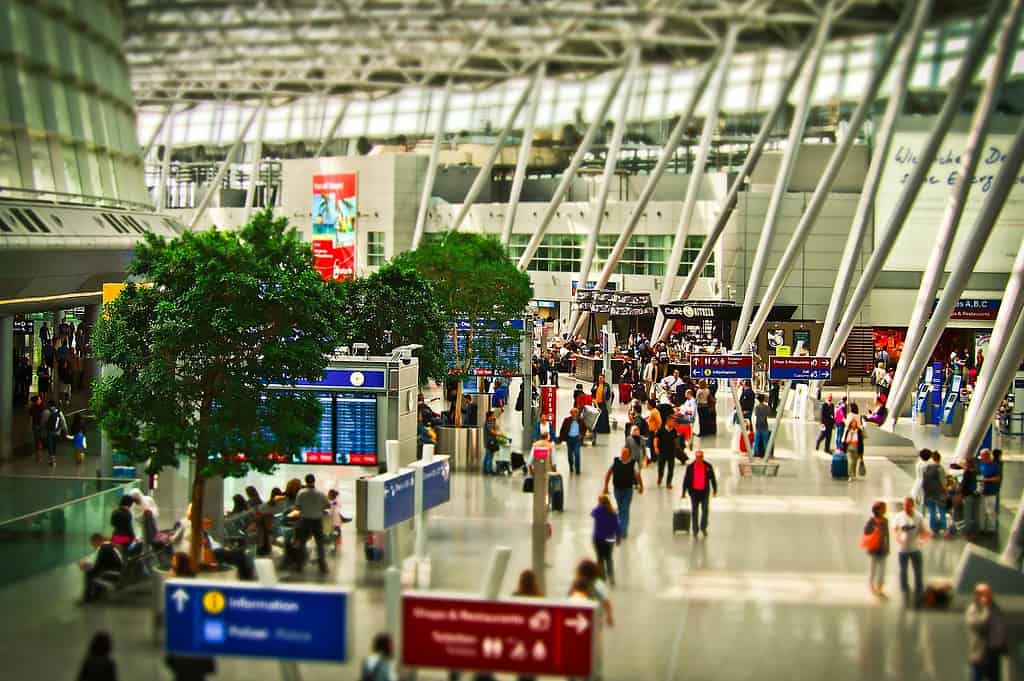When planning a vacation, most travelers focus on flights, hotels, and must-see attractions, but often overlook one of the most vital aspects of a trip: travel safety. Yet, all it takes is one unexpected event, like a lost passport or a scam encounter, to derail even the most well-planned itinerary. According to the U.S. State Department, over 300,000 passports are lost or stolen every year, reminding us how easily a dream vacation can turn into a logistical nightmare.
Staying safe while traveling isn’t about being paranoid, it’s about being prepared, aware, and proactive. Whether you’re exploring crowded city markets, wandering quiet countryside paths, or navigating public transit in a foreign country, having a travel safety strategy helps ensure your experience is memorable for all the right reasons.
This guide will equip you with practical tips and real-world advice to help you minimize risk while maximizing enjoyment. From safeguarding your belongings and avoiding common tourist scams to preparing for medical emergencies and knowing when (and how) to seek help, we’ve got you covered.
Because at the end of the day, the best trips are the ones where you feel secure, confident, and free to explore. Let’s make sure your next adventure is both thrilling and safe, because peace of mind is the best travel companion.

The Importance of Travel Safety:
Travel safety is often overlooked when dreaming up the next big adventure. But let’s face it, ensuring you travel safely isn’t just about ensuring your trip is smooth. It also involves safeguarding yourself and your belongings from potential pitfalls. With approximately 300,000 U.S. passports being reported as missing or stolen yearly. Alone underscores why every traveler should prioritize their security above all else.
Acknowledging Local Customs:
How does understanding local customs tie into my overall travel safety? Well, here’s how: Being aware and respectful of cultural norms can help avoid misunderstandings that could lead to conflicts with locals in foreign countries where you’re traveling. This extends beyond knowing what attire is appropriate for different settings; it includes understanding gestures or behaviors that may carry specific connotations depending on the locale.
Safeguarding Your Belongings:
Moving onto another crucial element: protecting your possessions while traveling abroad is a vital travel security precaution. After all, losing personal items like a passport or money during travels can quickly turn any dream vacation into a nightmare scenario. To stay safe, consider investing in anti-theft bags equipped with RFID-blocking technology, which prevents electronic pick-pocketing – a growing concern among travelers today – or utilize hotel safes whenever possible for storing valuables.
Safest Places to Travel:
When choosing a destination for your next vacation, safety should be a top priority. According to Berkshire Hathaway Travel Protection’s list of the safest places to travel in 2023, the top 15 countries around the world that are believed to be safest for travelers are:
- Netherlands
- Singapore
- Iceland
- Australia
- Norway
- Canada
- Austria
- Sweden
- Switzerland
- New Zealand
- Spain
- Ireland
- United Arab Emirates
- Romania
- Belgium
These countries have strong security measures and are considered safe for travelers. So why not consider one of these destinations for your next vacation?
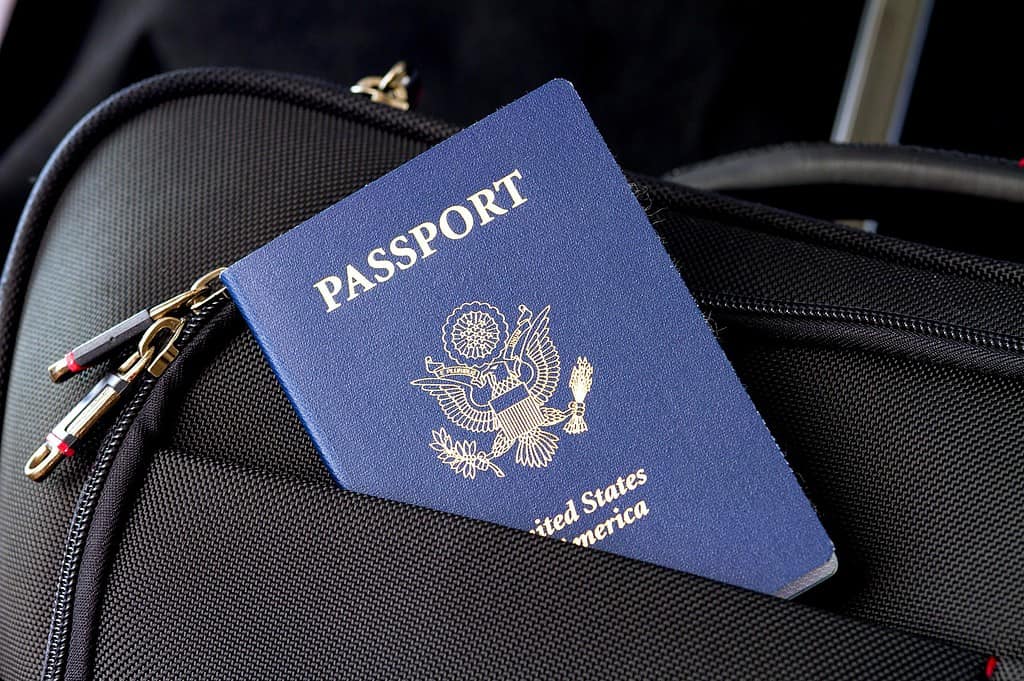
Preparing for Your Journey:
A journey is about the destination and how effectively you prepare for it. Preparing has never been more straightforward or crucial in today’s digital age. Your travel plans should start with a deep dive into your chosen location’s culture and customs. This understanding will help you respect local traditions and avoid faux pas during your visit. It can even enhance your overall experience by making interactions smoother and more meaningful.
Language plays an integral part in this preparation process too. Knowing common phrases of the native tongue isn’t only practical; it shows locals that you’ve made an effort to understand their world better, which often leads to warmer receptions.
Enrolling in Smart Traveler Enrollment Program (STEP):
If international adventure calls out to you, consider enrolling in the Smart Traveler Enrollment Program (STEP). The program helps U.S. citizens stay aware of essential travel advisories while abroad – whether on a month-long international journey or a short vacation overseas – keeping them informed about safety conditions at all times.
This service doesn’t stop there. In case emergencies arise back home while traveling, STEP makes reaching out easy through direct contact options provided upon enrollment.
Making Copies of Important Documents
The importance of safeguarding personal documents like passports cannot be overstated when discussing essential security precautions before traveling. Having copies ensures peace of mind throughout adventures, allowing you to focus solely on enjoying new experiences destinations offer without worrying about losing vital identification paperwork.
Digital versions stored securely online provide quick access if needed, yet physical photocopies serve as reliable backups, given that some institutions may prefer traditional forms over electronic ones. This practice comes highly recommended, especially since leaving originals locked up safely in the hotel safe reduces the risk of loss or theft during outings, exploration, and discovery.
Remember, staying safe starts long before you take a plane, train, or bus to your next exciting destination. Good preparation paves the way for a memorable and stress-free trip.
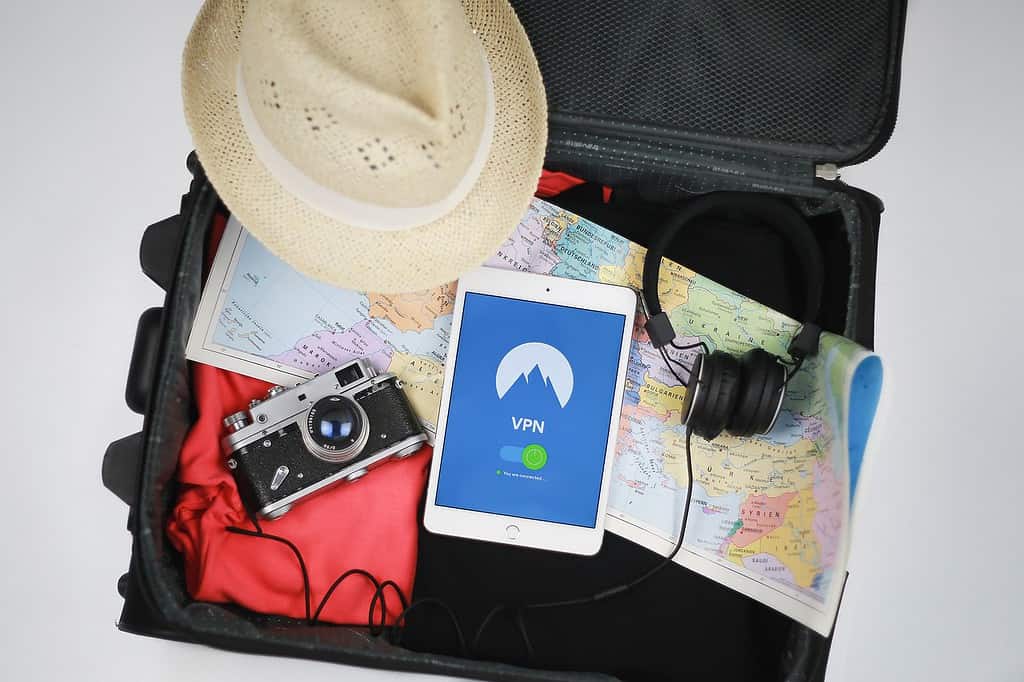
Staying Safe While Traveling:
In the world of travel, safety is paramount. Be alert to potential risks and use common sense when traveling, especially in unfamiliar settings, whether that means steering clear from dimly lit alleyways after dark or keeping flashy jewelry out of sight in crowded markets.
Clothing can play a surprisingly significant role too. Protective clothing might be more than an optional extra depending on where you’re headed – think long-sleeved tops and trousers for mosquito-prone areas like parts of Africa or South America.
Besides ensuring all doors and windows are securely locked before leaving the room or retiring for the night, consider using door wedges for added security against intruders while sleeping. This will ensure peace of mind throughout your stay.
Using Public Wi-Fi Safely:
The allure of free public Wi-Fi networks often overshadows their potential risks but let me assure you: caution must always prevail when connecting our portable devices such as smartphones and laptops to these networks abroad.
Cybercriminals are known to target unsuspecting travelers through unsecured wireless connections with malicious intent – stealing personal information by setting up fake hotspots disguised as legitimate ones. The Federal Trade Commission (FTC) offers valuable advice on using the internet securely while traveling without falling prey to such scams.
One way to protect yourself while using public Wi-Fi is by using a Virtual Private Network (VPN) such as ExpressVPN. A VPN encrypts your internet connection and routes it through a secure server, making it much more difficult for cybercriminals to intercept your data or track your online activities. By using a VPN, you can browse the web safely and securely, even when connected to unsecured public Wi-Fi networks.
Use the link above to sign up with ExpressVPN and get 1 month free!
Keeping Friends And Family Updated:
Beyond taking precautions yourself, letting trusted people know about your travel plans adds another layer towards safeguarding oneself during trips abroad. Regular check-ins mean others will quickly become aware if something goes wrong- whether it’s missing a scheduled call or failing to arrive at a destination as expected.
The U.S. Department Of State suggests setting regular communication schedules with friends and family back home to keep them informed throughout the trip. This allows them to share the joy of exploring new places and act promptly in any emergency.
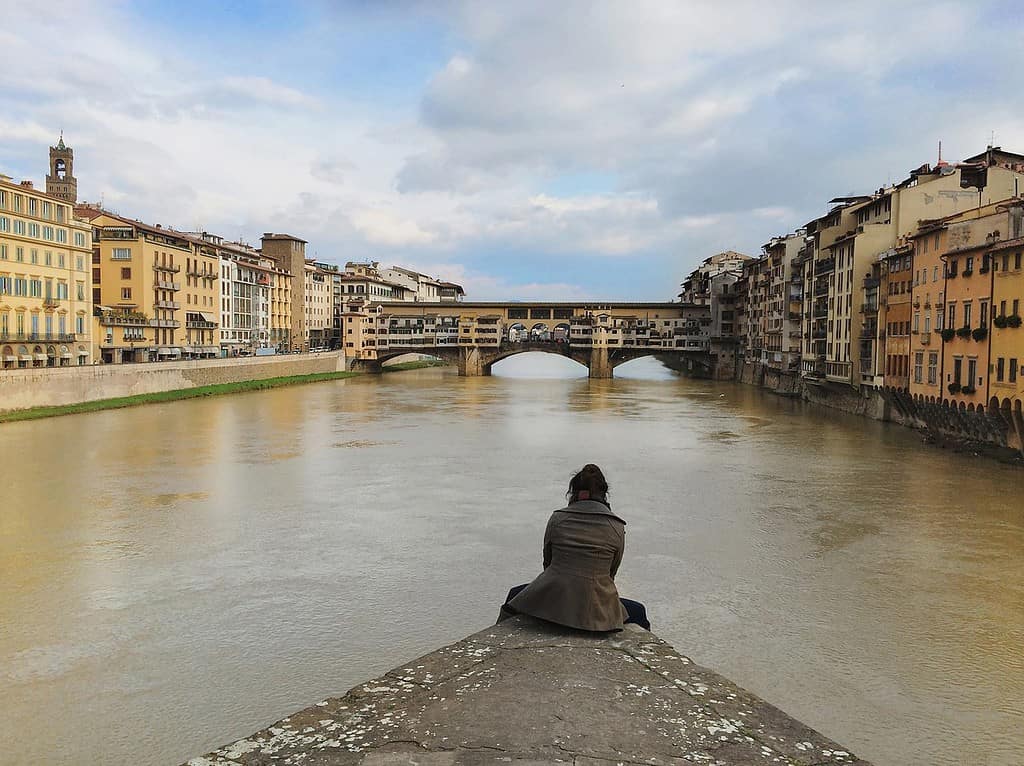
Special Considerations for Solo Travelers:
Solo travel is a thrilling and liberating adventure, but it comes with its own set of challenges. The most significant among these is ensuring your safety while navigating unfamiliar territories alone.
Being attuned to the local culture isn’t just about showing respect but also staying safe during your travels. Awareness of the local culture can avert potential risks and stay safe while traveling.
Handling Emergencies Abroad:
In case emergencies arise, being prepared makes all the difference. Before leaving home soil, research where local emergency departments are located relative to your stay in any foreign country.
You should familiarize yourself with how healthcare works at your destination – whether there are specific procedures for foreigners seeking medical attention or if certain services require an upfront payment. This knowledge will save precious time when every second counts during an emergency abroad.
Apart from knowing where to seek help, reliable communication channels are equally important when dealing with emergencies overseas. Ensure that trusted people back home know about your whereabouts so they can provide valuable support remotely if needed.
Taking Extra Precautions When Visiting Remote Areas or Participating in Winter Sports Activities:
If remote area exploration or winter sports activities feature prominently on your itinerary as a solo traveler, taking extra precautions becomes even more critical due to their inherent risks. For instance, always inform someone about planned routes before venturing into isolated regions. If anything goes wrong, rescue teams would have a starting point to look for.
The same principle applies to snow-based adventures: keep others in the loop regarding which slopes you intend to conquer each day. In addition to keeping loved ones informed, consider investing in specialized gear like GPS trackers explicitly designed for outdoor adventurers to increase chances of quick discovery by rescuers.
Aside from equipment considerations, taking survival training courses before embarking on adventurous trips is wise because skills acquired in such training may prove invaluable in dire situations. Knowing first aid techniques for handling potential injuries or accidents in an outdoor setting certainly wouldn’t go amiss either.
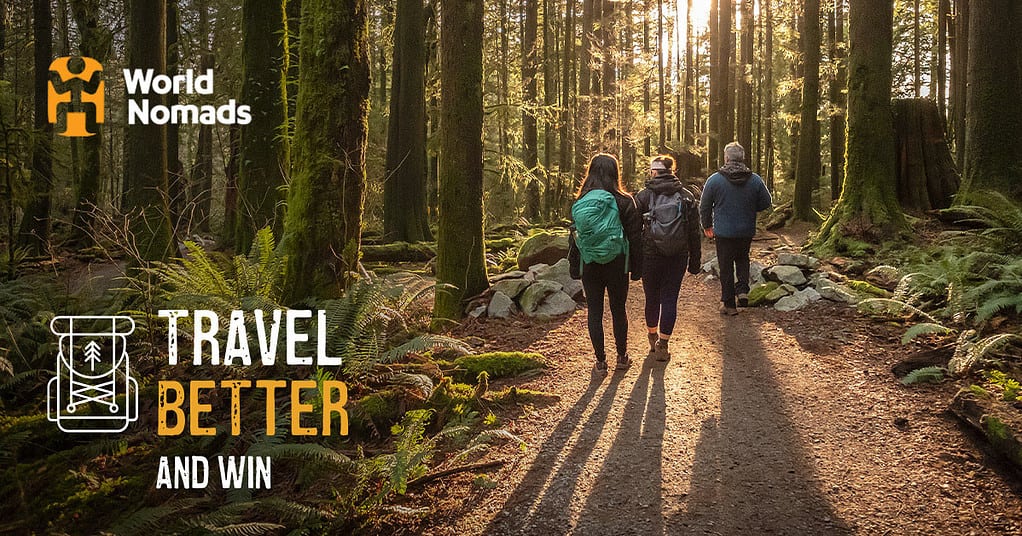
Insuring Your Trip:
In the realm of travel plans, whether it’s a short vacation or an extensive month-long international journey, one factor remains constant – the importance of travel insurance. It acts as your financial safeguard and peacekeeper when things take an unexpected turn.
Much like our varied destinations, travel insurance comes in different shapes and sizes. Each policy carries its own coverage specifics, so understanding what each entails before deciding becomes vital to stay safe during travels. Common types include trip cancellation/interruption insurance, medical emergency coverage, baggage loss/delay protection, and accidental death/disbursement policies.
Trip Cancellation/Interruption Insurance:
This variant of travel safety nets you against non-refundable expenses if unforeseen circumstances, such as illness or family emergencies, force you to cancel your trip prematurely. Additionally, it also provides cover for interrupted trips due to similar reasons.
The cost usually correlates with the total price tag on prepaid & non-refundable costs associated with your planned itinerary. This type is particularly beneficial when booking expensive journeys far ahead where unpredictability could disrupt well-laid-out schemes.
Medical Emergency Coverage:
If health issues arise while abroad or injuries occur from adventurous activities like skiing/hiking, medical emergency coverage takes care of it. It covers hospital bills that might otherwise prove exorbitant without this protective layer.
Remember that not all insurances provide overseas coverage, so having dedicated travel medical insurance becomes even more critical when venturing outside your home country.
Luggage Loss/Delay Protection:
Misplaced luggage in transit is, unfortunately, quite common among travelers worldwide. Good travel insurance will reimburse lost belongings up to a certain limit that varies by policy. In addition, it covers expenses incurred due to delayed luggage, allowing you to buy necessary items until your bag arrives at its rightful destination at no extra cost to your pocket.
Here are some examples of travel insurance companies that you can use to insure yourself while traveling:
- Ekta Traveling: Ekta Traveling is part of the larger Ekta Insurance Company based in Ukraine. It has been in business for over 9 years and is one of the leading insurance providers in the country. This company is known for its comprehensive and affordable insurance policies and excellent customer service.
- Travel Insurance: Travelinsurance.com is an online platform that allows you to compare and purchase travel insurance policies from a variety of providers. You can easily find the best coverage for your trip by entering your trip details and comparing plans, prices, and benefits from top-rated insurers.
- World Nomads: World Nomads provides travel insurance and safety services for independent travelers across 130+ countries. Their travel insurance offers flexible and robust plans to help enthusiastic travelers confidently explore the world. They have been inspiring, connecting, and protecting travelers since 2002.
- Allianz Travel Insurance: Allianz Travel Insurance is a leading provider of travel insurance, offering a wide range of coverage options to protect you while you’re on the go. Their policies include trip cancellation/interruption insurance, medical emergency coverage, baggage loss/delay protection, and more.
- Seven Corners: Seven Corners is a travel insurance company that offers a wide range of coverage options for travelers. Their plans include emergency medical coverage, trip cancellation and interruption, baggage loss and delay, and more. They are known for their 24/7 support when traveling.
These are just a few examples of travel insurance companies that you can use to insure yourself while traveling. Each company offers different coverage options and benefits, so it’s important to compare policies and choose the one that best fits your needs
Note: All these typically included within comprehensive but may vary based individual needs requirements. So always make sure read through terms conditions carefully purchasing any kind plan ensure best fits unique situation budget constraints.
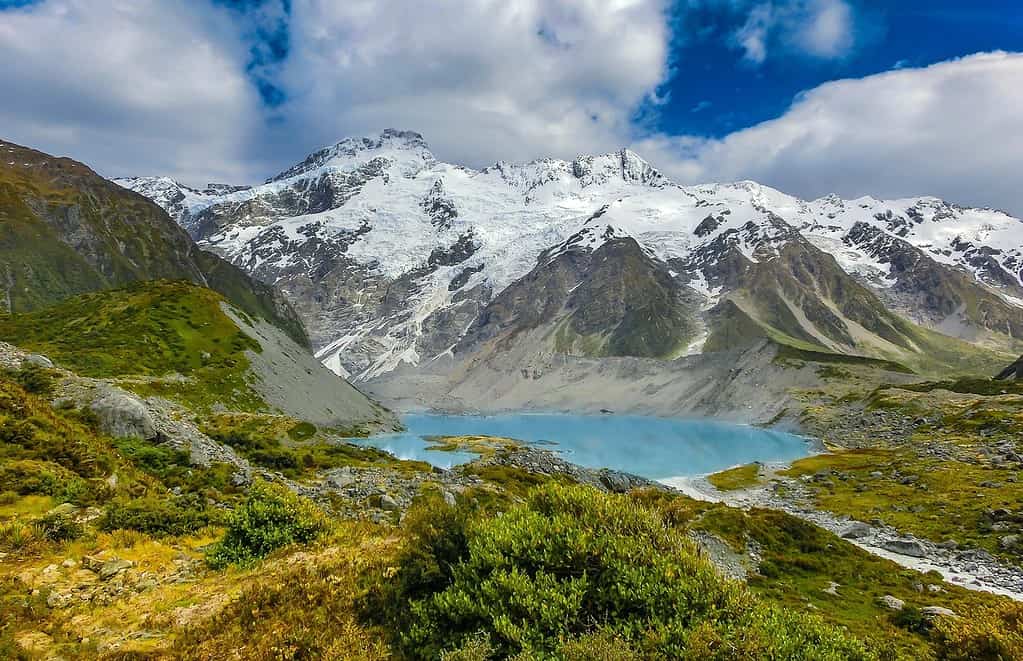
Safest Places To Visit:
When considering a getaway, safety is paramount. Several destinations worldwide are known for their strong security measures and low crime rates, which make them ideal choices.
Iceland tops the list as one of these safe havens. With its stunning landscapes and friendly locals, this Nordic island nation offers peace of mind while you explore its vast beauty.
Singapore: A Safe Urban Jungle:
If urban exploration piques your interest, Singapore’s city-state should be on your radar. Known for stringent laws and efficient law enforcement agencies, Singapore promises adventure in a multicultural metropolis and safety assurance during your stay.
New Zealand: Safety Amidst Natural Beauty:
New Zealand makes an excellent choice for those who love outdoor activities surrounded by natural beauty. This Pacific paradise boasts everything from snow-capped mountains to pristine beaches, all within a country recognized for maintaining low crime rates nationwide.
Austria: Secure Strolls Through History:
In Europe, too, there are options aplenty; Austria is one such destination where history meets alpine scenery amidst robust security infrastructure, making it another safe place worth considering while planning international travels. This European gem has been ranked highly amongst global indexes measuring countries based on various parameters, including personal freedom & protection against violent crimes.
Remember that no place can guarantee complete immunity from danger, but choosing destinations renowned for implementing strong security measures helps reduce the potential risks of traveling abroad.
FAQs in Relation to Travel Safety:
What safety concerns do you have when you travel?
Travelers often worry about personal security, health risks, theft of belongings, and scams. Navigating unfamiliar locations can also pose challenges.
How do you ensure safety during travel?
Safety is ensured by thorough research on the destination, securing necessary documents, staying vigilant in public places, and getting appropriate travel insurance coverage.
What should travelers be aware of when traveling?
Travelers should know local customs and laws, potential hazards, or unsafe areas at their destination. Awareness of emergency services locations is crucial too.
What does travel safe mean?
‘Travel Safe’ means taking precautions to protect yourself from harm or danger while journeying locally or abroad. It includes personal well-being as well as safeguarding possessions.
No matter where your travels take you, safety should be a cornerstone of your planning process, not an afterthought. A little preparation goes a long way, from researching local customs and laws to enrolling in the Smart Traveler Enrollment Program (STEP), a free service offered by the U.S. government that keeps you informed and connected abroad.
Staying safe doesn’t mean sacrificing fun. It means traveling with confidence, awareness, and intention. Whether you’re blending in with locals, securing your valuables, or sharing your itinerary with loved ones, every precaution adds a layer of protection to your journey.
Solo travelers especially should embrace both caution and curiosity. While challenges may arise, so do opportunities for growth, independence, and cultural connection. And remember, unexpected situations can and do happen, which is why travel insurance isn’t just a luxury, but a smart investment.
There are also destinations known for their exceptional safety records, making them perfect for first-time travelers or those seeking extra peace of mind.
At Sights 2 See, we believe travel should be empowering, not stressful. That’s why our safety tips are grounded in real-life experience, tailored for today’s global explorer. With the right knowledge and preparation, your next trip can be both adventurous and secure.
Pack smart, stay aware, and let peace of mind be your passport to unforgettable experiences.
You Might Also Like:
If you enjoyed this post on Travel Safety, you might also like: Traveling To Hidden Destinations, Solo Travel Made Easy How To Stay Safe And Explore The World, Solo Travel For Women.
